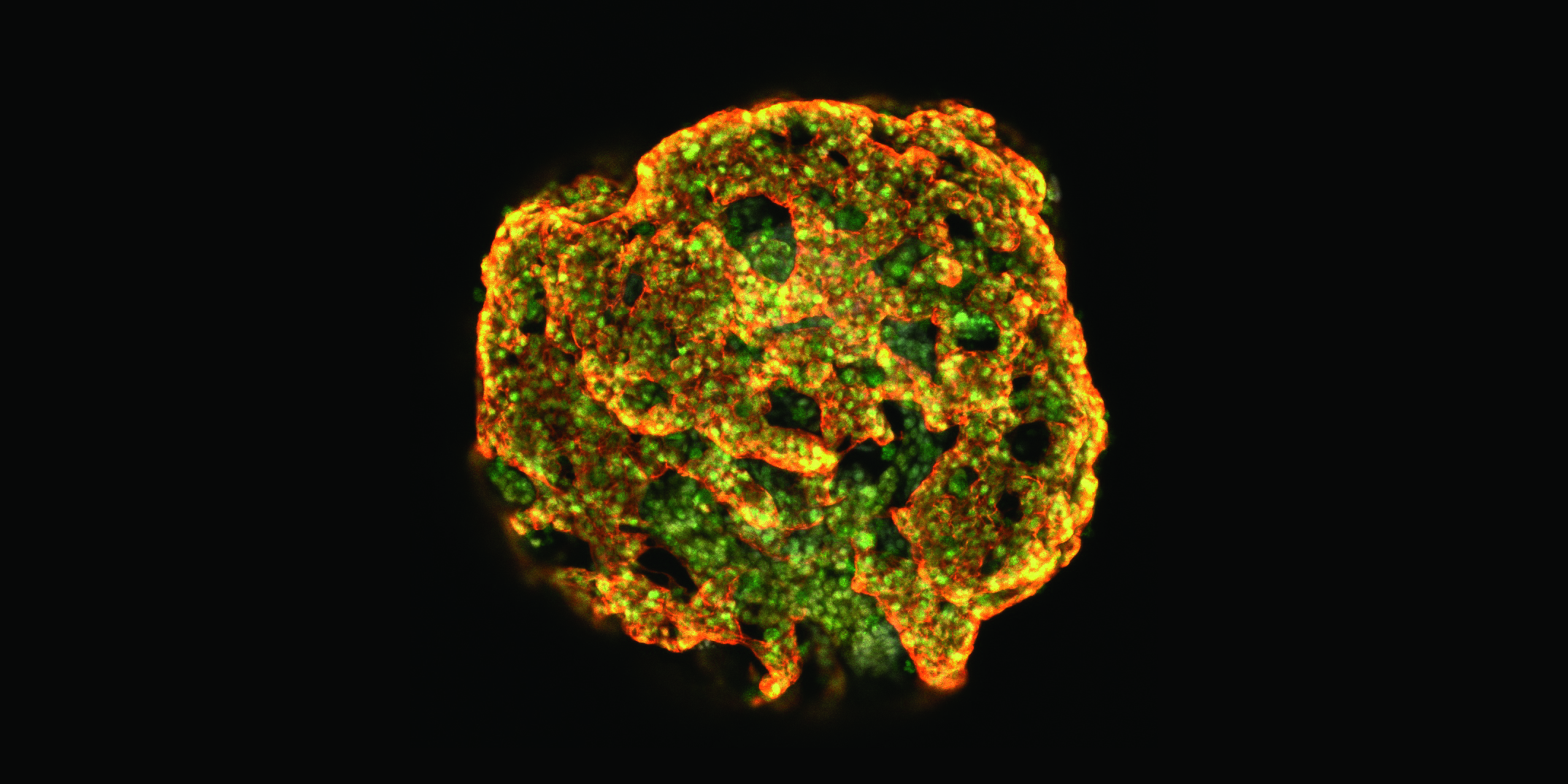Cell Toxicology
The Cell Toxicology team aims to develop new and improved strategies for risk assessing single chemicals and chemical mixtures. The research focuses on the development and use of New Approach Methodologies for identifying harmful effects of environmental chemicals and mixtures thereof on human health.

A core activity of the Cell Toxicology team is to develop new and improved animal-free strategies for risk assessment of chemical mixtures. The team coordinate the Green Deal H2020 project PANORAMIX, where the focus is on creating a novel scientific path to identify and quantify the risk posed by the exposure to chemical mixtures present in water, food and the human body. The overall goal of this innovative approach based on real-life scenarios is to improve future safety regulations to better protect human health.
Aiming at the development of New Approach Methodologies for predicting hazards and/or human risk of chemicals, the work of the Cell Toxicology team focus on:
- Development of human induced pluripotent stem cell-based assays to predict embryonic and developmental toxicity of single chemicals and mixtures thereof
- Evaluation of single chemicals and mixtures in vitro for their endocrine disrupting effects
- Development of an Integrated Approach to Testing and Assessment (IATA) for anti-androgenic effects (part of the PARC program)
- Mixture risk assessment of chemicals using in vitro and human exposure data with a focus on reproductive toxicity
- Mixture risk assessment of the fluorinated compounds, PFAS.
Finally, the Cell Toxicology team provides expert advice to the authorities on the health risks entailed by PFAS exposure.